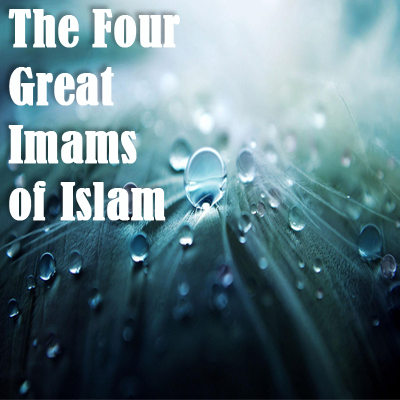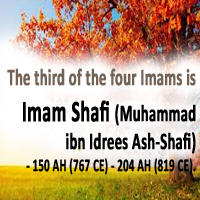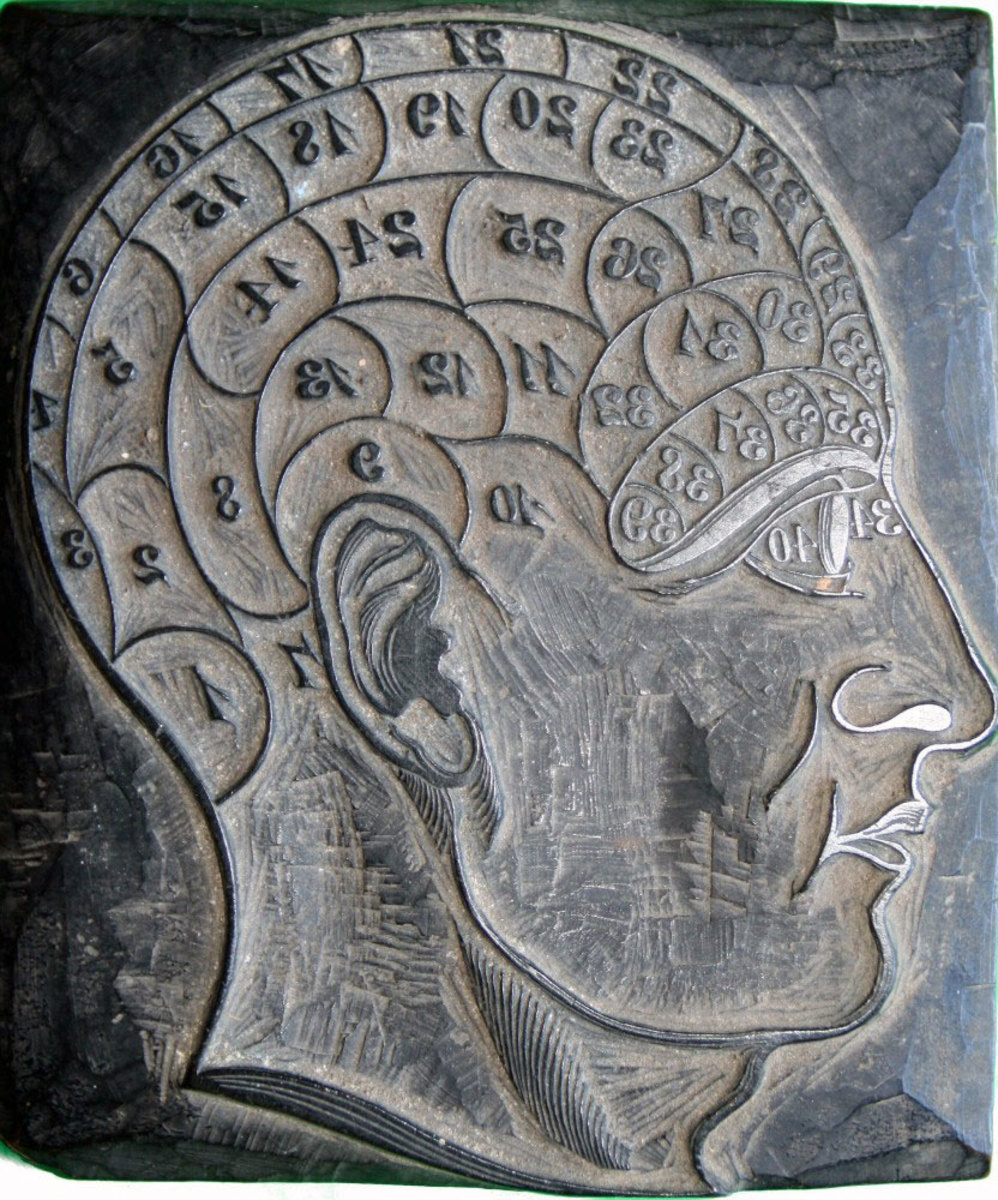The Four Great Imams of Islam

The Islamic world has produced numerous learned Islamic scholars (Imams), but out of these, four Imams became more famous and their teachings have spread in different parts of the world. In this hub I shall briefly provide details on these four great scholars of Islam.
The position of ‘Imam’ is an Islamic leadership position, the normal prayers in a mosque or masjid has an Imam who is responsible for leading the congregation in Salah or Prayer, an Imam can also assume a leadership role of a mosque or the Muslimcommunity. Imams may also provide religious guidance. The name Imam may also be used in the form of a prefix title with scholars of prominence.
The four Imams, Imam Abu Hanifa, Imam Malik, Imam Shafi and Imam Ahmad ibn Hanbal were all eminent Muslims and very important individuals in the history of Islam. Their teachings laid the foundations of Islamic jurisprudence (Fiqh).

The Legacy of Imam Abu Hanifah
Abu Hanifa is considered by some as one of the Tabi‘un, the generation after the Sahaba, who were the companions of Prophet Muhammad (PBUH). This is based on reports that he saw the Sahabi Anas ibn Malik, with some even reporting that he transmitted Hadith from him and other companions of Prophet Muhammad (PBUH).
Imam Abu Hanifa was born in the city of Kufa in Iraq, he was born 67 years after the death of Prophet Muhammad (PBUH), but during the time of the Sahaba of Prophet Muhammad (PBUH), some of whom lived on until Imam Abu Hanifa's youth.
While doing a chore for his mother, he happened to pass the home of as-Sha'bi (one of Kufa's most well-known scholars). Sha'bi, mistook him for a student, asked him whose classes he attended.
When young Abu Hanifa responded that he did not attend any classes, Sha'bi said, "I see signs of intelligence in you. You should sit in the company of learned men.” taking Sha'bi's advice, the young imam embarked on an inexhaustible quest for knowledge that in due course would have a profound impact on the history of Islam and Muslims world over.
The Imam went to Medina in 102 A.H. in pursuit of Knowledge and attended the lessons of seven top theologians. The young and eager to acquire knowledge, Imam Abu Hanifa attended lessons of celebrated Imam Musa al-Kazim and his illustrious father Imam Jafar al-Sadiq, the descendants of Prophet Muhammad (PBUH), they were the greatest authorities in Islamic learning of their times in Medina, attending Al-Sadiq's institute for 2 years. Imam Abu Hanifa had learnt Hadiths from more than four thousand persons.
Imam Abu Hanifa was the first who compiled and classified 'ilm al-fiqh’, and he gathered information for each branch of knowledge. The Imam wrote the books Fara'id and Shuroot. There are innumerable books describing his extensive knowledge on fiqh; he had exceptional ability in qiyaas; and his astounding superiority in zuhd, taqwa, mildness and righteousness.
Imam Abu Hanifa sadly passed away at the age of 70 in year 150 A.H. in the month of Rajab. It is not possible to do justice to this great Imam in just one hub, hence I have provided a brief summary of Imam Abu Hanifa, I would urge you to learn more about this highly respected scholar of Islam.

Imam Malik: Sage of the City of Light
This is another great scholar of Islam, if only in today’s society we had many more Imams of that calibre. Many scholars and muhadditheen (The Men of Hadith) have spoken and referred to Imam Malik’s (RA) great knowledge and scholarly works. Amongst his various literary compilations ‘kitaabul Mu’atta’ is the most eminent.
Imam Malik was born in the year 93 A.H. some have said he was born in 90 A.H. and others say in 95 A.H. he was born in Madinah.
It is said that Imam Malik was born in the era of Taabi’een; Imam Malik (RA) acquired knowledge from many famous Taabi’een, jurists and muhadditheen.
He learned and memorized the Qur'an in his youth. In the beginning of his quest for knowledge the Imam did not have many resources to acquire it properly so he sold the ceiling beams of his home to purchase books and papers for enabling him to do so. Over time Allah (SWT) bestowed him with a lot of wealth and money. The Imam's memory was also extraordinary. It is reported about the Imam that he had the best memory in all of Hijaz, likewise in the knowledge of Hadith and Fiqh.
Imaam Shaf'iee (RA) says about him:
"If Malik and Ibn Uyainah where not here, the knowledge of Hijaz would be gone."
Imaam Zhahabi said about him:
"There remains no scholar in Madinah after the Tabi'een comparable to Imam Malik's knowledge, jurisprudence, eminence, and memorization."
Imam Malik was a person of intelligence, his efforts, zeal and determination to acquire knowledge was exceptional, upon reaching the age of 17, he had acquired a immense amount of Islamic knowledge which was of great standard and it was at this very age, with the approval of his teachers and scholars that Imam Malik (RA) commenced teaching and conducting theories.
In Hadith, the Imam was the leader of all of Madinah, where his chain of narrators was the most authentic and called "SILSILATUL-ZHAHAB" or "THE GOLDEN CHAIN OF NARRATORS".
The great Imam reached the age of 84 or 86 or 87 or 90 years (depending on which account you read) when he became ill on a Sunday and this illness continued to get worse for three weeks until on the 11th or 14th of Rabi-al-Awwal 179 A.H. he passed away. He was buried in the famous graveyard in Madinah called Jannatul-Baqee.
Concluding my brief overview of Imam Malik (RA), I am saddened that I have not been able to do justice to this great Imam with these few short paragraphs and therefore urge those interested in learning about great scholars of Islam to do more research. I have provided some links to books below.
You may also like to read...
- Islamic Financing – the real alternative to capita...
Islamic finance is nothing more than a method of monetary dealings that embodies all aspects of the transaction, unlike the existing system which merely concentrates on the returns that will be generated by conducting a particular deal. - Hijab a girl in veil
The veil is a contentious issue that has been much debated and protested against particularly in the West and some parts of the East. Feminists criticise it arguing that the veil reinforces women’s subordination to men. - How Does Allah (God) Speak To Us?
ALLAH (GOD) ALSO SPEAKS TO US Sometimes we are just not ready to hear or accept what God (Allah) say’s to us, which is why we think we are alone and God does not speak with us.

Imam Shafi Video
Imam Shafi' (RA) was born in the year 150 A.H. the year the Great Imam Abu Hanifa had passed away in. He was born in Asqalan which is found in Palestine in Ghazza. From the age two his mother left with a tribe in al-Hijaz. They were dwellers of the country of Yemen. At the age of ten years, Imam Shafi’s mother felt that it was time to take him to Mecca for further studies.
Mentioned in his biography that he memorized the Quran at the age of seven and by ten, he had memorized the Muwatta of Imam Malik; he was a mufti (given approval to issue fatwa) at the age of fifteen. Imam Shafi recited the Quran every day in prayer, and twice a day in Ramadan. He was also known to be very charitable.
It is stated that the Imam started his studies under Muslim Ibn Khalid az-Zanji, the Mufti of Mecca at his time and is considered the first teacher of Imam ash-Shafi.
During 786 – 809 A.H. while Harun al-Rashid's reign he moved from Mecca to Baghdad and finally to Egypt. Continuing his studies with great teachers like Malik ibn Anas and Muhammad ibn al-Ḥasan al-Shaybānī, whom he studied under in Madinah and Baghdad.
Imam Shafi was appointed as a judge in Najran in the time of Harun al-Rashid. In Baghdad, the Imam developed his first madh'hab, influenced by the teachings of both Imam Abu Hanifa and Imam Malik. Thus, his work there is known as “al Madhab al Qadim lil Imam as Shafi,” or the Old School of ash-Shafi.
During his time he authored more than 100 books. The best book by al-Shafi in which he examined principles of jurisprudence is known as Al-Risala. The book has been translated into English. Imam Shafi divided his night into three parts: one for writing, one for praying, and one for sleeping.
He loved Mohammad (PBUH) very deeply. Al Muzani said of him:
“He said in the Old School: ‘Supplication ends with the invocation of blessings on the Prophet, and its end is but by means of it.’”
Al-Karabisi said:
“I heard al-Shafi say that he disliked for someone to say ‘the Messenger’ (al-Rasul), but that he should say ‘Allah’s Messenger’ (Rasul Allah) out of veneration for him.”
The Imam became very sick at the end of his life and sadly passed away in Egypt after Isha prayer on the last day of Rajab it was on a Thursday night. He was buried in Cairo, Egypt on Friday in the year 204 A.H. (819/820 A.D.) in Cairo you can visit his Masjid in the Imam Al-Shafi Neighbourhood.

The four great Imams
Life of Ahmad ibn Hanbal video
Imam Abu Abdullah Ahmed bin Mohammed bin Hanbal (RA) was born in Baghdad - Iraq on the 20th of Rabi-ul-Awwal 164 A.H. he studied extensively in Baghdad, and later journeyed to advance his education. He started learning jurisprudence (Fiqh) under the supervision of the celebrated Hanafi judge Abu Yusuf. Abu Yusuf was the renowned student and companion of Imam Abu Hanifa.
Imam Hanbal (RA) after finishing his studies with Abu Yusuf began traveling through Iraq, Syria, and Arabia to collect hadiths. With this knowledge and accumulation of hadiths, he became a leading authority on the hadith, leaving an immense compilation of hadith referred to as the al-Musnad. He later returned to Baghdad to study Islamic law under al-Shafi.
Imam Hanbal (RA) is remembered as the founder of the Hanbali madhab, which is the dominant madhab in Saudi Arabia, Qatar, and the United Arab Emirates.
Imam Hanbal (RA) was a very pious scholar who devoted all his life in the Science of Ahadith and Fiqh. Being extremely poor with no food to eat at times, he used to refuse to accept charity saying that he had full faith in Almighty Allah.
With regards to Imam Hanbal, Imam Abu Dawood, who was a collector of prophetic hadith stated:
"The lectures of Ahmad were sittings of the Hereafter. He would not mention in them anything of the worldly affairs; and I never saw him mention this world."
When asked about if there existed a person who was a wali of Allah and upon a creed other than the creed of Ahmad ibn Hanbal, Abdul-Qadir Gilani answered:
"That has not occurred and will never occur.”
Imam Ahmed bin Hanbal (RA) passed away in the year 241 A.H. (855 C.E) in Baghdad Iraq aged between 74 to 75.
I have tried to provide a short outline of these four Great Imams (Scholars) of Islam, doing this short hub does not do justice to the profound knowledge and the magnitude of the gift of ‘ilm’ they bestowed upon the Ummah. May Allah (SWT) have mercy on them and give us all the ability to learn more about these exceptional scholars and May Allah gives us all the ability to acquire and practice Islamic knowledge.
Most Muslims today, are divided amongst themselves in respect of Madhab they belong to. Such divisions are not endorsed by Islam. Islam believes in fostering unity amongst its followers.
The Glorious Qur’an says:
“And hold fast, altogether, by the rope Which Allah (stretches out for you), and be not divided among yourselves.' [Al-Qur'an 3:103]
All four Imams said that if any of their Fatwas or teachings contradicts the word of Allah i.e. the Quran, or the sayings of the Prophet (PBUH) i.e. authentic Hadith, then that Fatwa should be rejected, and the Sunnah of the Prophet should be followed.
Good Reference material:









